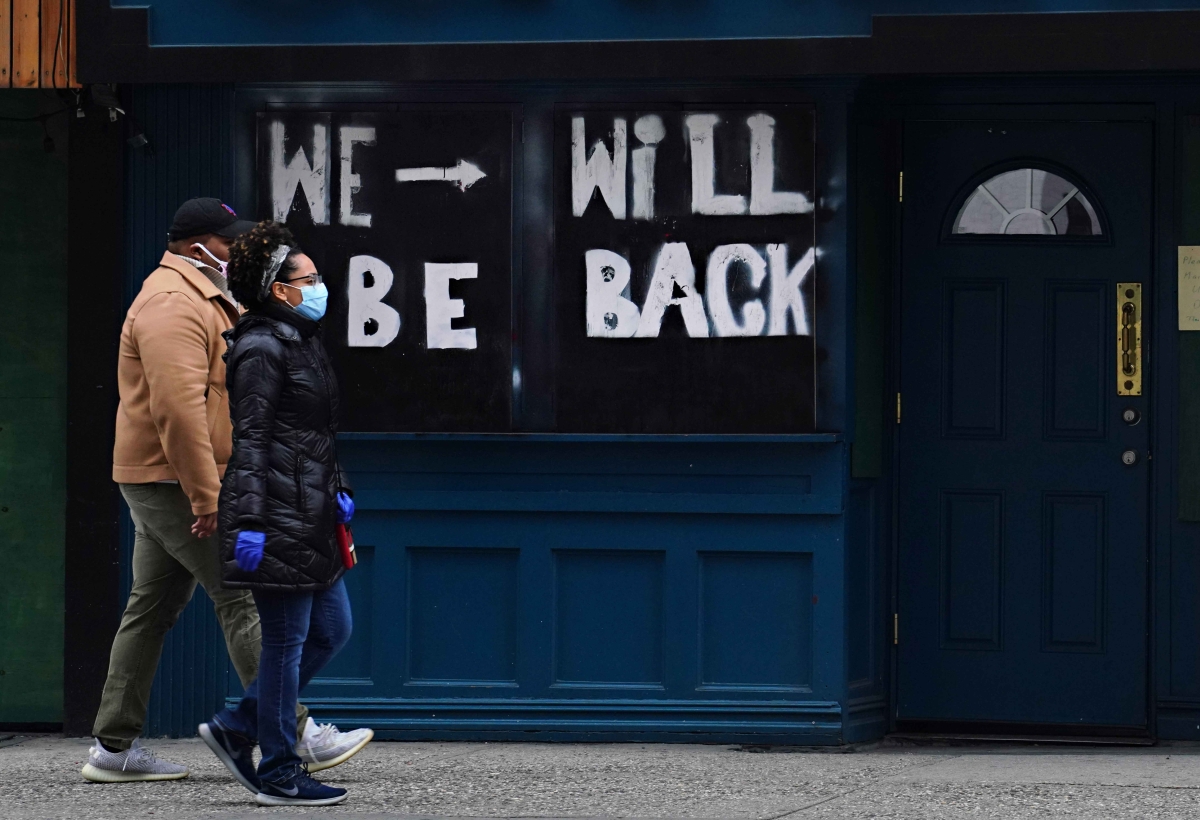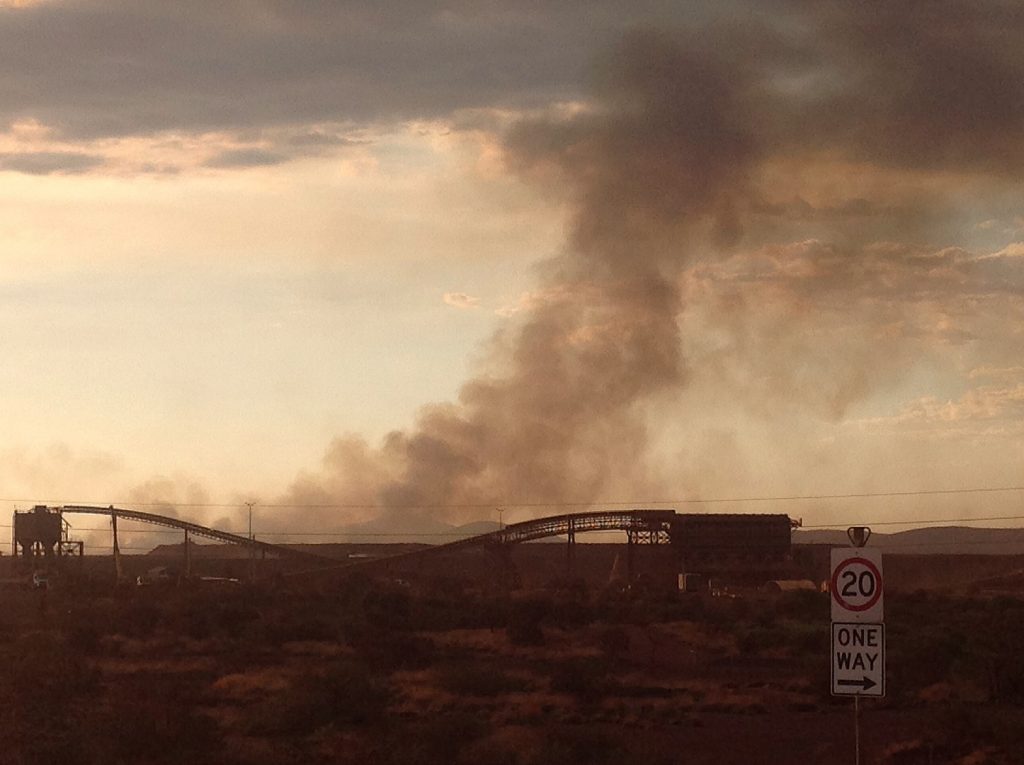Assessing The Economic Fallout: A Fed Snapshot Of The Canadian Travel Boycott

Table of Contents
Impact on the Canadian Tourism Sector
A significant decline in international tourism due to a Canadian travel boycott would directly cripple the Canadian tourism sector, leading to substantial revenue losses and widespread unemployment.
Direct Revenue Losses
The potential for revenue loss across the Canadian tourism industry is staggering. A boycott would severely impact:
- Airlines: Reduced passenger numbers on international and domestic flights would lead to substantial losses for airlines like Air Canada and WestJet.
- Hotels: Occupancy rates would plummet in major tourist destinations like Banff, Whistler, and Niagara Falls, resulting in significant revenue shortfalls for hotel chains and independent operators.
- Restaurants: The decline in tourist spending would heavily affect restaurants, pubs, and cafes, especially those located in popular tourist areas.
- Tour Operators: Companies offering guided tours and travel packages would experience a sharp decrease in bookings, potentially leading to business closures.
- Attractions: Iconic landmarks, national parks, and museums would see a dramatic drop in visitor numbers, impacting their revenue streams and potentially leading to staff reductions.
Projections based on past tourism downturns suggest a potential loss of billions of dollars in revenue, with smaller businesses and rural communities facing the most severe consequences. The vulnerability of these smaller tourism-dependent communities is a key concern.
Job Losses and Unemployment
The direct economic impact of a Canadian travel boycott extends beyond revenue loss; it directly translates into widespread job losses across the tourism and hospitality sectors.
- Thousands of jobs are at risk in hotels, restaurants, transportation, and related services.
- The ripple effect would impact other sectors, including those providing goods and services to the tourism industry.
- Increased unemployment would strain social safety nets and negatively affect consumer spending, exacerbating the overall economic impact.
Statistics Canada data reveals that the tourism sector employs hundreds of thousands of Canadians. Even a moderate decrease in tourism could result in significant unemployment and social disruption.
Indirect Economic Effects
The consequences of a Canadian travel boycott extend far beyond the immediate tourism sector, impacting related industries and causing a ripple effect throughout the Canadian economy.
Reduced Consumer Spending
Reduced tourism revenue means less money circulating in local economies. This decrease in consumer spending affects a multitude of businesses:
- Local shops and businesses that rely on tourist spending would experience a decline in sales.
- Transportation services, including taxis, buses, and rental car companies, would also feel the impact.
- The multiplier effect of tourism spending is significant; a decrease in tourist spending reduces overall economic activity.
The decline in consumer confidence resulting from a Canadian travel boycott could further dampen spending.
Impact on Related Industries
Industries supporting tourism, like agriculture (providing food and beverages), manufacturing (producing souvenirs and other goods), and transportation (airlines, railways, buses) will also suffer.
- Farmers and food producers who supply the hospitality sector would see reduced demand for their products.
- Manufacturers producing tourism-related goods would face decreased orders, impacting their production and employment levels.
- Transportation companies reliant on tourist traffic will see a significant reduction in their revenue. This could lead to potential supply chain disruptions, affecting broader sectors of the economy.
Government Response and Mitigation Strategies
Addressing the economic fallout of a Canadian travel boycott requires a multifaceted approach involving government intervention and the strategic role of the Bank of Canada.
Potential Government Interventions
The Canadian government could implement several measures to mitigate the economic impact:
- Financial aid packages: Providing financial assistance to businesses in the tourism sector, including grants, loans, and tax breaks.
- Marketing campaigns: Launching targeted marketing campaigns to attract tourists from other markets and rebuild confidence in Canadian tourism.
- Infrastructure investments: Investing in tourism infrastructure to enhance the appeal of Canadian destinations.
Learning from past economic downturns and effectively leveraging these interventions will be crucial for recovery.
Role of the Federal Reserve (Bank of Canada)
The Bank of Canada plays a crucial role in managing the economic fallout by using monetary policy tools:
- Interest rate adjustments: Lowering interest rates could stimulate borrowing and investment, boosting economic activity.
- Quantitative easing: The Bank of Canada could implement quantitative easing to increase the money supply and lower borrowing costs.
- Economic stabilization: The Bank of Canada's mandate is to promote the economic and financial well-being of Canadians. Managing the negative effects of a Canadian travel boycott is critical to fulfilling this mandate.
Conclusion: Assessing the Economic Fallout: A Fed Snapshot of the Canadian Travel Boycott
A Canadian travel boycott could have a devastating impact on the Canadian economy, leading to significant revenue losses across multiple sectors, widespread job losses, and a decline in consumer spending. The indirect effects on related industries and the potential for supply chain disruptions underscore the severity of the potential crisis. Government intervention, including financial aid packages and targeted marketing campaigns, will be crucial to mitigate the economic damage. The Bank of Canada's role in stabilizing the economy through monetary policy adjustments is also paramount. Understanding the potential consequences of a Canadian travel boycott is crucial. Stay informed about developments and consider supporting initiatives that promote responsible tourism in Canada and help bolster the Canadian economy during this critical time.

Featured Posts
-
 Contempt Of Parliament Yukon Politicians Confront Mine Manager
Apr 28, 2025
Contempt Of Parliament Yukon Politicians Confront Mine Manager
Apr 28, 2025 -
 Times Trump Interview 9 Key Takeaways On Annexing Canada Xis Calls And Third Term Loopholes
Apr 28, 2025
Times Trump Interview 9 Key Takeaways On Annexing Canada Xis Calls And Third Term Loopholes
Apr 28, 2025 -
 E Bay Faces Legal Action Section 230 And The Sale Of Banned Chemicals
Apr 28, 2025
E Bay Faces Legal Action Section 230 And The Sale Of Banned Chemicals
Apr 28, 2025 -
 Post Oval Office Clash Trump And Zelensky Meet At Popes Funeral
Apr 28, 2025
Post Oval Office Clash Trump And Zelensky Meet At Popes Funeral
Apr 28, 2025 -
 Tariffs Cause 9 Billion Dow Project Delay In Alberta
Apr 28, 2025
Tariffs Cause 9 Billion Dow Project Delay In Alberta
Apr 28, 2025
Latest Posts
-
 2000 Yankees Season Joe Torre Andy Pettitte And A Twin City Shutout
Apr 28, 2025
2000 Yankees Season Joe Torre Andy Pettitte And A Twin City Shutout
Apr 28, 2025 -
 2000 Yankees Diary Joe Torres Meetings And Andy Pettittes Shutout Of The Twins
Apr 28, 2025
2000 Yankees Diary Joe Torres Meetings And Andy Pettittes Shutout Of The Twins
Apr 28, 2025 -
 Yankees Avoid Historic Sweep With Offensive Explosion And Rodons Pitching Masterclass
Apr 28, 2025
Yankees Avoid Historic Sweep With Offensive Explosion And Rodons Pitching Masterclass
Apr 28, 2025 -
 Williams Implosion Key Factor In Yankees Loss To Blue Jays
Apr 28, 2025
Williams Implosion Key Factor In Yankees Loss To Blue Jays
Apr 28, 2025 -
 Rodons Strong Start Yankees Offense Power Comeback Win Against Opponent Name
Apr 28, 2025
Rodons Strong Start Yankees Offense Power Comeback Win Against Opponent Name
Apr 28, 2025
